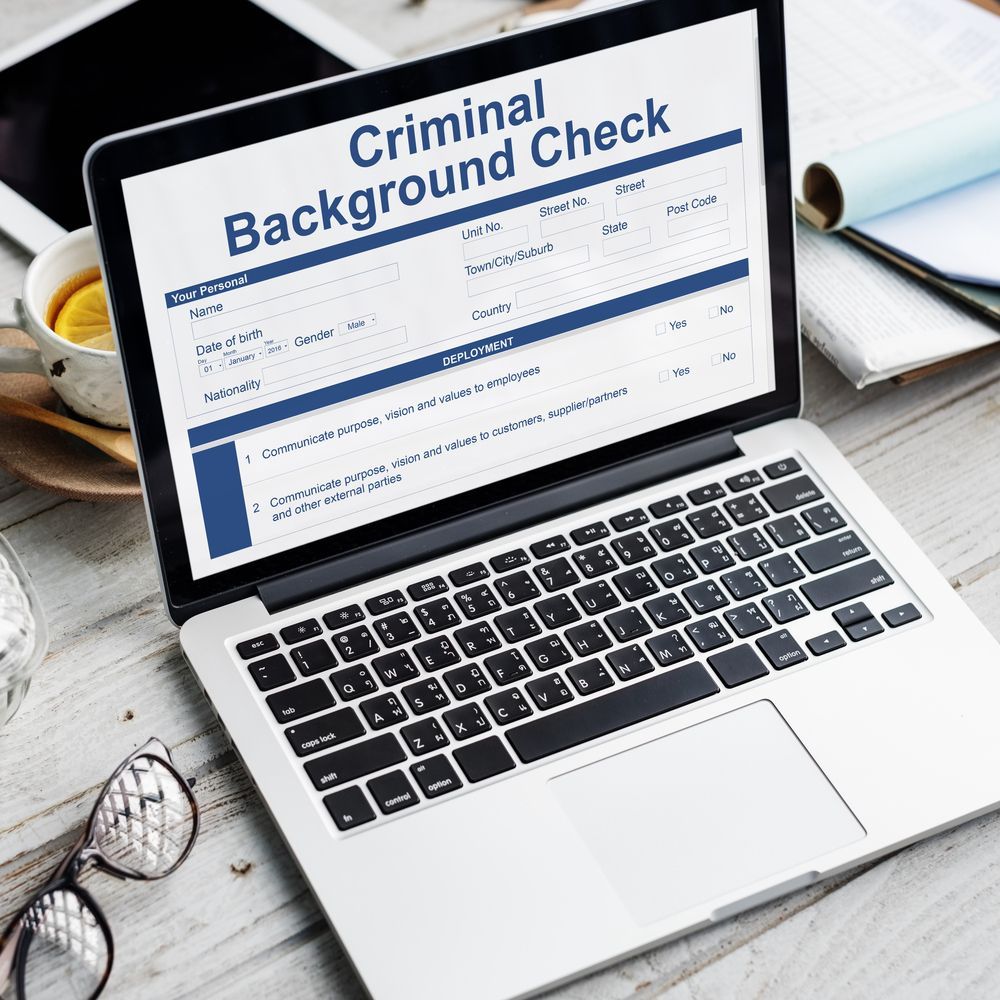How Marijuana Pardons Affect Employee Background Checks
26 May 2023
Share this article:

The nation’s attitude toward marijuana use has changed. Fewer and fewer people believe that merely possessing or using marijuana is an act that calls for criminal prosecution. However, over the years, millions of people have been arrested and many convicted for possession of marijuana. Many of these convictions remain on the books and in some cases compromise job opportunities. Recently, a movement has begun to grant pardons to this group of people.
What is a Marijuana Pardon?
In 2022, President Biden issued a blanket pardon to everyone convicted of simple possession of marijuana as a federal crime, provided the person was either a US citizen or a lawful resident. This was largely a symbolic act, as most marijuana convictions take place under state law. Only about 6,500 federal offenders were affected, along with a few thousand more in the District of Columbia.
However, Biden encouraged governors to grant similar pardons at the state level. Oregon has done so; Governor Kate Brown pardoned about 45,000 people with such convictions. In Pennsylvania, a Pardon Project encouraged certain cannabis offenders to apply for accelerated clemency. With recreational marijuana legal in over 20 states, we can expect to see more of these blanket pardons.
It’s important to recognize the difference between a pardon and an expungement. When a crime is expunged, it’s as though the offense and conviction never occurred. Depending on the state, all records of the crime may be digitally deleted or physically destroyed. A person whose offense has been expunged can legally and honestly answer “no” when asked if they have been convicted of the crime.
A pardon means that a person has been forgiven of the offense and need no longer bear consequences such as fines and prison sentences. The offense is still on the books and may be discovered in a criminal background check. A pardoned person must answer “yes” when asked if convicted but may add the fact that the offense was pardoned.
A consumer reporting agency is less likely to discover an expunged conviction than a pardoned one. Because of communication involving courts, state agencies and record repositories, an expunged conviction will sometimes appear in a background search, even though it shouldn’t.
In any case, a reporting agency may not report an expunged conviction to a potential employer. If the employer somehow discovers it, they may not use it to make a hiring decision. State laws vary, but many states do not permit a pardoned conviction to be reported or acted on.
What Employers Need to Know About Marijuana Pardons
More and more employers these days are practicing fair chance hiring. Fair chance practices include not asking about criminal records early in the hiring process but waiting until after making a conditional job offer to order a background check. In some cases, fair chance hiring is mandated by state law, and in others, employers choose to go this route because they find that it’s a sound business practice and expands the pool of hirable candidates.
Most states regulate the use of criminal convictions in background checks and hiring decisions. Employers need to be aware of state and federal laws that apply to them. It’s typical for states to limit how far in the past employers can go in considering convictions. Many states mandate that an employer can refuse to hire only if the conviction is for a crime that’s relevant to the employee’s duties at the company. A lot of states don’t allow an employer to consider convictions that have been pardoned. This includes pardons for marijuana offenses.
How Marijuana Pardons Affect Employees
A marijuana pardon can make life easier for anyone seeking a job, but it isn’t a cure-all. It’s important to remember that a marijuana pardon is a pardon and not an expungement. If a potential employee is asked point-blank about a marijuana conviction, they cannot honestly deny that it happened. They must admit the conviction, although they may add the fact that it has been pardoned.
That being said, it’s continuously becoming less likely that the question will be asked. At least 16 states and some municipalities have “ban the box” laws, where candidates may not be asked about criminal records on an initial application. In these states, a tentative decision to hire will ordinarily be made before a background check is ordered. Even when and if the check takes place, the employer generally may not use a pardoned conviction as a reason to rescind the job offer.
It’s important to recognize that a marijuana conviction is not a license to continue to use marijuana as an employee. This is especially true if recreational drug use is a legitimate disqualifier for the job, as it might be for truckers or heavy equipment operators. Companies may still do drug testing and terminate employees who use marijuana and other drugs, even in states where recreational cannabis use is legal.
How Marijuana Pardons Affect Employers
Marijuana pardons do not prevent employers from doing criminal background searches. Sometimes, but not always, a background check will tell an employer that a candidate has a pardoned marijuana offense. In many states, an employer will not discover the pardoned offense until late in the process, after a tentative offer has already been extended, and will generally not be allowed to take the offer back.
Even in situations where eliminating a candidate for a pardoned offense is permissible, employers should think hard about whether they really want to do so. They should consider whether such an action makes business sense. There should be compelling reasons for an employer to be concerned about this kind of history.

This doesn’t mean that an employer needs to permit marijuana use by current employees. If there are valid reasons why employees in certain positions need to be drug-free, a company ordinarily can insist on abstinence from marijuana and use drug testing to enforce the policy.
As more states forgive low-level drug use, marijuana pardons are likely to become increasingly common in the next few years. It pays to have a reliable screening service that conducts compliant background checks and understands how employers are allowed to use them. Eagle Eye Screening Solutions keeps abreast of federal, state and local laws. We understand how marijuana pardons affect employee background checks, and we can help you maintain a background check process that’s legal and effective.
Connect with Us:





